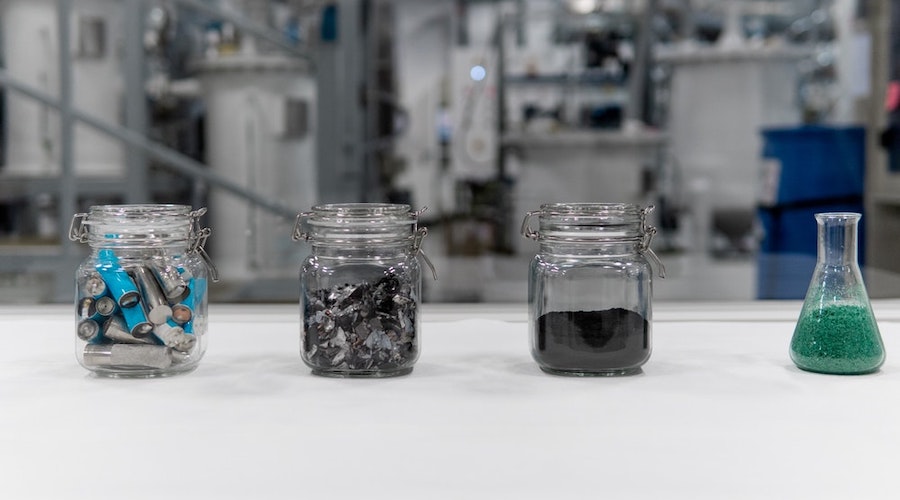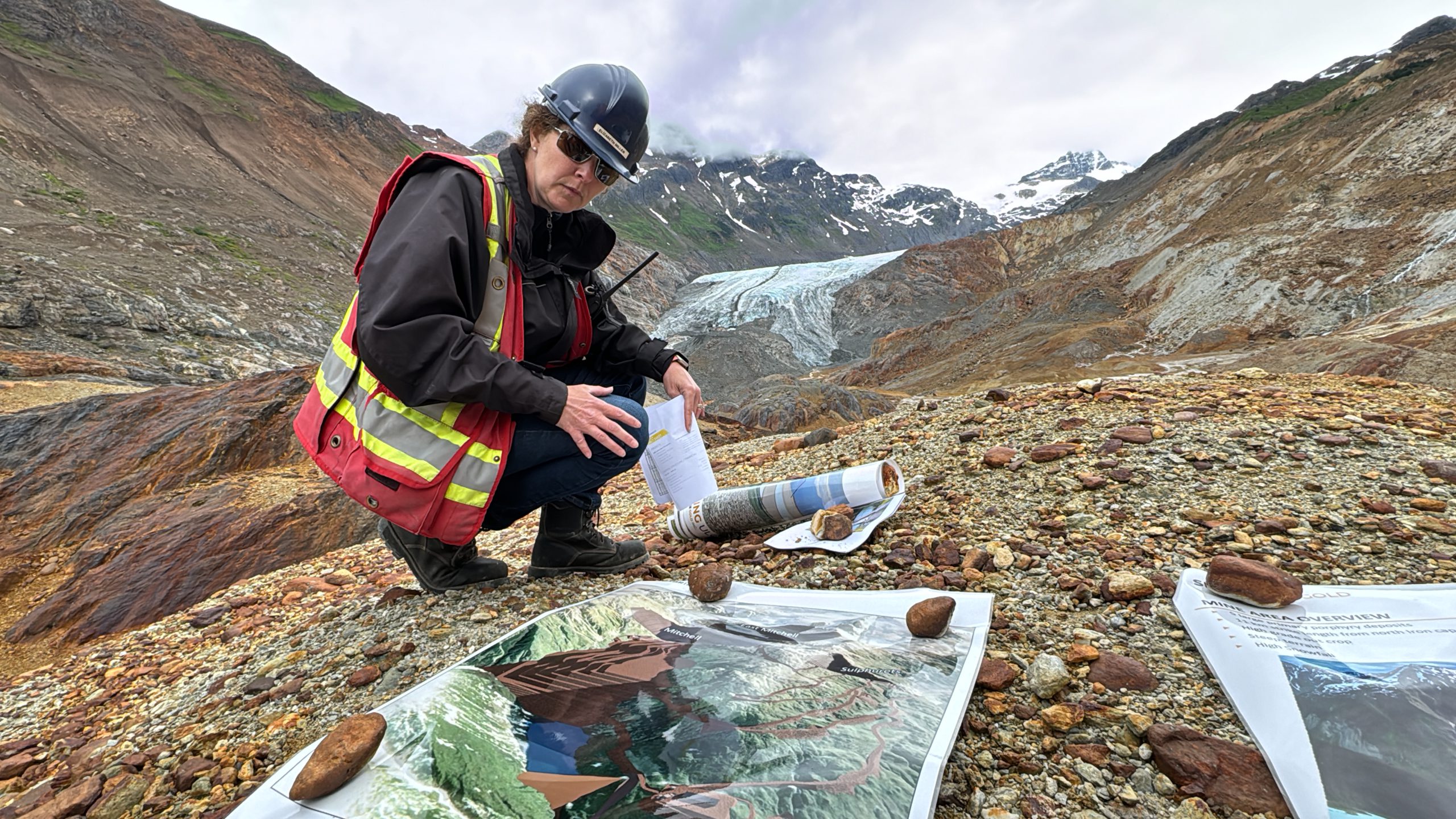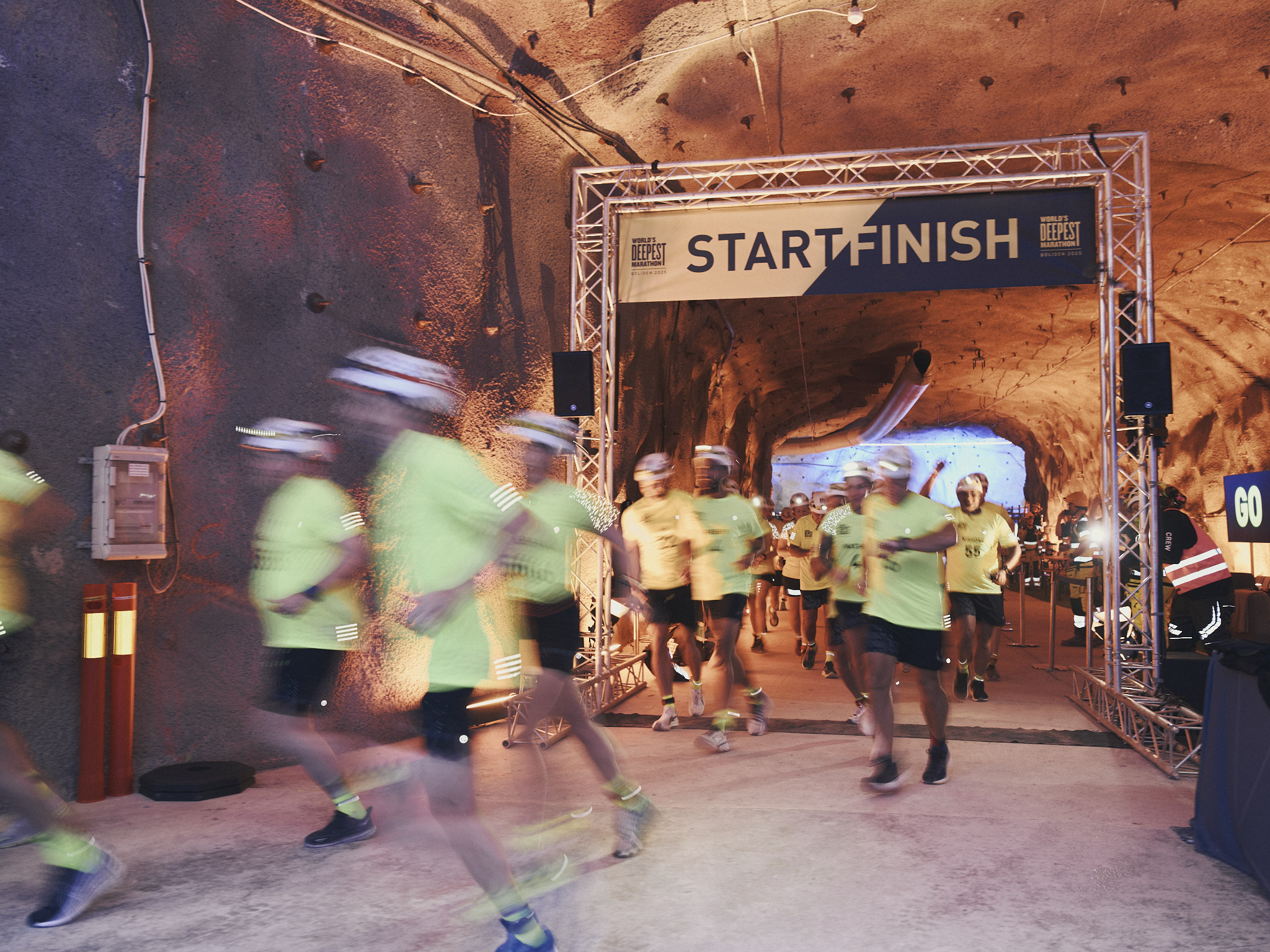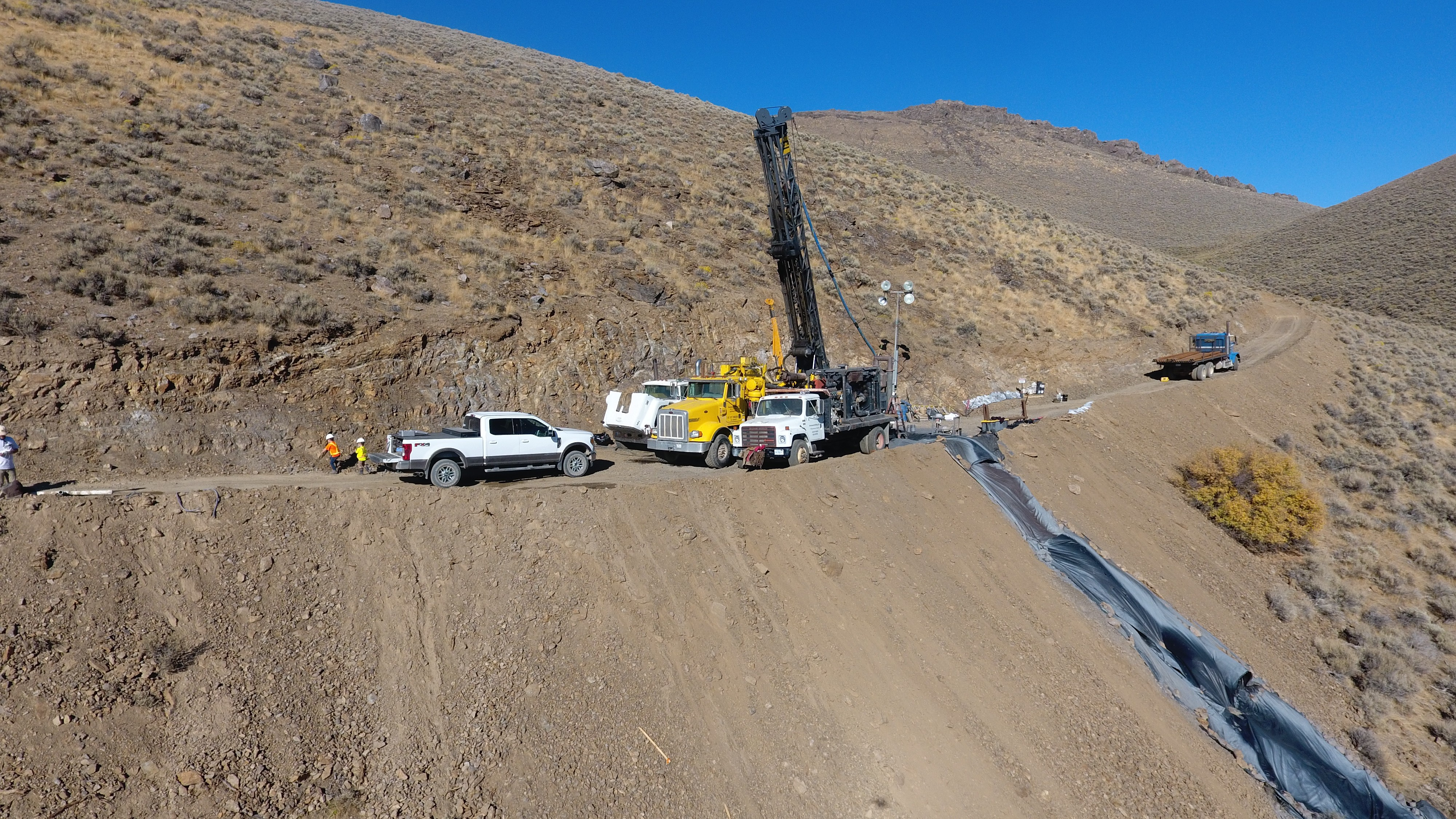According to the firm, the inputs for the NMC cathode were recovered from battery waste through a low-energy hydrometallurgical treatment which involves the use of an aqueous solution to isolate the metals and separate them from impurities.
“What we have shown here is a clear pathway to closing the loop on batteries and that there exists a sustainable, environmentally-preferable alternative to conventional mining in order to source raw materials for battery production,” Emma Nehrenheim, Northvolt’s chief environmental officer and head of Revolt, said in a media statement. ”The recycling process can recover up to 95% of the metals in a battery to a level of purity on par with fresh virgin material. What we need now is to scale-up recycling capacities in anticipation of future volumes of batteries requiring recycling.”
Nehrenheim said that since it was possible to prove the validity and efficiency of the recycling process, Northvolt’s attention will now turn to the scaling-up of recycling capacities to fulfil its aim of producing cells with 50% recycled material by 2030.
To make sure the path towards achieving such a goal is clear, the company will expand its Revolt Ett giga-scale recycling plant, which is under development next to the Northvolt Ett gigafactory in Skellefteå. The objective now is to enable the recycling of 125,000 tons of batteries per year.
Construction of the recycling plant is set to begin in Q1 2022 and operations in 2023. Incoming material for recycling will be received from two sources: end-of-life batteries from electric vehicles and production scrap from Northvolt Ett.
“In addition to becoming Europe’s largest battery recycling plant, Revolt Ett will be the only large-scale facility in Europe capable of recycling lithium in addition to nickel, manganese, cobalt and other metals,” the press brief reads. “Recovered materials from Revolt Ett will supply neighboring Northvolt Ett cell manufacturing gigafactory with recycled metals sufficient for 30 GWh of battery production per year (half of Northvolt Ett’s total annual cell output).”
In addition to battery metals, Northvolt expects to recover copper, aluminium and plastics from the batteries and materials it recycles at Revolt Ett, all of which will be recirculated back into manufacturing flows through local third parties.
“As the electric vehicle revolution gains speed, we should be mindful that some 250,000 tons of batteries will reach their end-of-life in Europe by 2030. In this, some see challenges and obstacles. At Northvolt, we see opportunity,” Nehrenheim said. “Similar to how we’ve found novel, sustainable solutions for the handling of salt byproduct at Northvolt Ett – treating it as a valuable product and not waste – the same is true with end-of-life batteries.”
Another gigafactory
In addition to Northvolt Ett, the Swedish firm announced earlier this year that it has joined forces with Volvo to build another gigafactory with a potential capacity of 50 gigawatt-hours (GWh) per year, production expected to start in 2026 and location yet to be decided.
The move would allow Volvo to equip around 800,000 vehicles per year, while Northvolt will, in turn, become Volvo Cars’ exclusive battery cell production partner in Europe.




